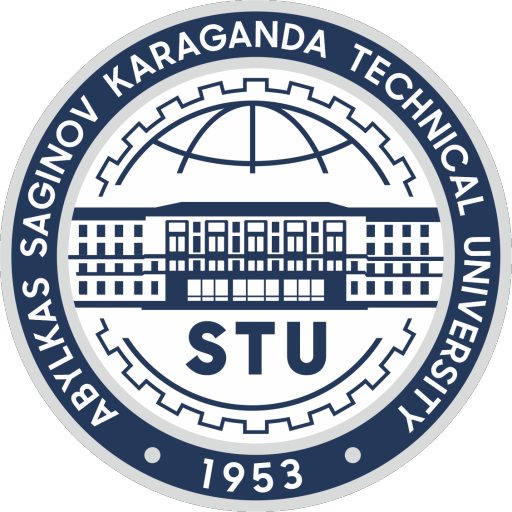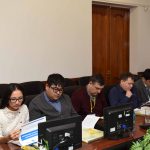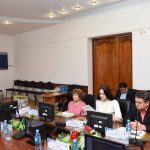The head of the Department of human capital of the Chamber of entrepreneurs of Karaganda region Osspanova K.A., more than 35 representatives from companies and organizations from several regions of Kazakhstan (including remotely), representative of the Center of agrocompany of the National chamber of entrepreneurs of Kazakhstan “Atameken” took participation in the seminar.
The following questions were discussed in the seminar:
- Global experience in the development and assessment of educational programmes when interacting with stakeholders.
- Foreign experience of dual education.
- Registry of educational programmes as a tool to influence employers on the quality of training specialists.
- The role of business incubators in collaboration with employers.
- The involvement of employers in the definition of professional competence of future specialists.
- Educational programmes of KSTU on SIID and conjunction of University science and production.
- Satisfaction monitoring of employers with graduates through QS tools.
All the scheduled reports were heard during the seminar, the analytical system on design of educational programmes, the Registry of educational programmes were presented and practice-oriented training on assessment of educational programmes was held.
The participants of the seminar recommend:
- To consider additional survey of employers in the system of the Registry of educational programmes in one OP.
- To consider re-survey of employers in the system of design educational programmes to add new professional competences.
- To determine the mechanism of motivation of the employer in the implementation of educational programmes of dual education.
- To take into account the views of employers on improving the quality of natural-scientific preparation of students for formation of professional competences.
- To consider possibility of implementing programmes for additional training based on the target order of the employer.
- To strengthen University policies of involvement of enterprises and organizations in joint activities, in particular in the field of science and joint projects.
- To consider the mechanism of attraction on the enterprises of graduate students, undergraduates and doctoral candidates to complete science research associated with industrial activity.




